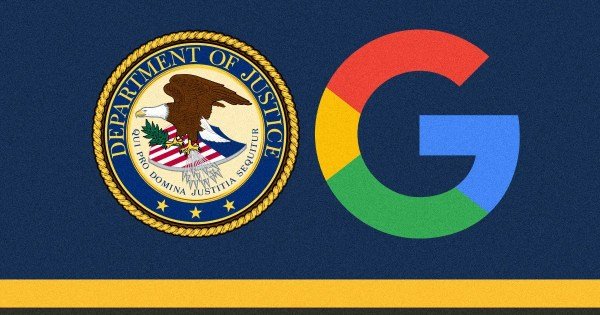The way forward for Google’s adtech enterprise is being determined in a federal court docket in Virginia.
In April, a federal decide dominated that Google violated U.S. competitors legislation by sustaining an unlawful monopoly of two key adtech markets: advert servers (represented by Google DFP, or DoubleClick for Publishers) and advert exchanges (represented by Google AdX).
Over the past two weeks, greater than a dozen witnesses gave testimony to assist decide how Google might be required to treatment this monopoly, the final stage of a landmark antitrust trial in opposition to the search big.
Decide Leonie Brinkema of the U.S. District Courtroom for the Japanese District of Virginia heard from knowledgeable witnesses produced by each Google and the U.S. Division of Justice. Within the coming months, she is anticipated to find out what behavioral and potential structural modifications Google might want to make to dissolve its monopoly in advert servers and advert exchanges. These hearings ended Monday.
The DOJ has urged the decide to require a divestiture of AdX and needs to require Google to open-source its public sale logic—the algorithms that decide the place advertisements are served. If this isn’t a viable choice, the DOJ is asking for the advert server, DFP, to even be spun out.
Google believes the DOJ’s proposals go too far. As a substitute, the Alphabet-owned firm has instructed a handful of less complicated modifications to its enterprise practices, like making real-time bids from AdX seen to all rival advert servers, permitting publishers to set completely different value flooring for various bidders in Google Advert Supervisor, and agreeing to not have interaction in ‘first look’ and ‘final look’ practices that will give it a bonus in open net auctions.
Listed below are the 5 topline takeaways from the hearings.
Google declined to remark for this story.
1. Google admitted that an AdX spin-off is doable
After arguing in its preliminary protection that the compelled separation of AdX from the Google adtech stack can be too technically difficult, would take up an excessive amount of time and sources, and would come on the detriment of advertisers and publishers, the overall supervisor of Google Promoting, Tim Craycroft, admitted in testimony that the corporate had decided {that a} spin-off is in truth technically possible.
Craycroft revealed on Sept. 25 that Google performed a collection of inner exams to guage the opportunity of an AdX divestiture. An initiative dubbed Challenge Sunday was undertaken to evaluate the opportunity of a spin-off of AdX in addition to DFP. The following Challenge Monday sought to guage the opportunity of an AdX axing. Google finally concluded that divestiture was potential.
The DOJ has argued {that a} compelled divestiture of AdX is technically potential and that it’s a crucial transfer to inhibit Google from developing with different methods to drawback publishers.

